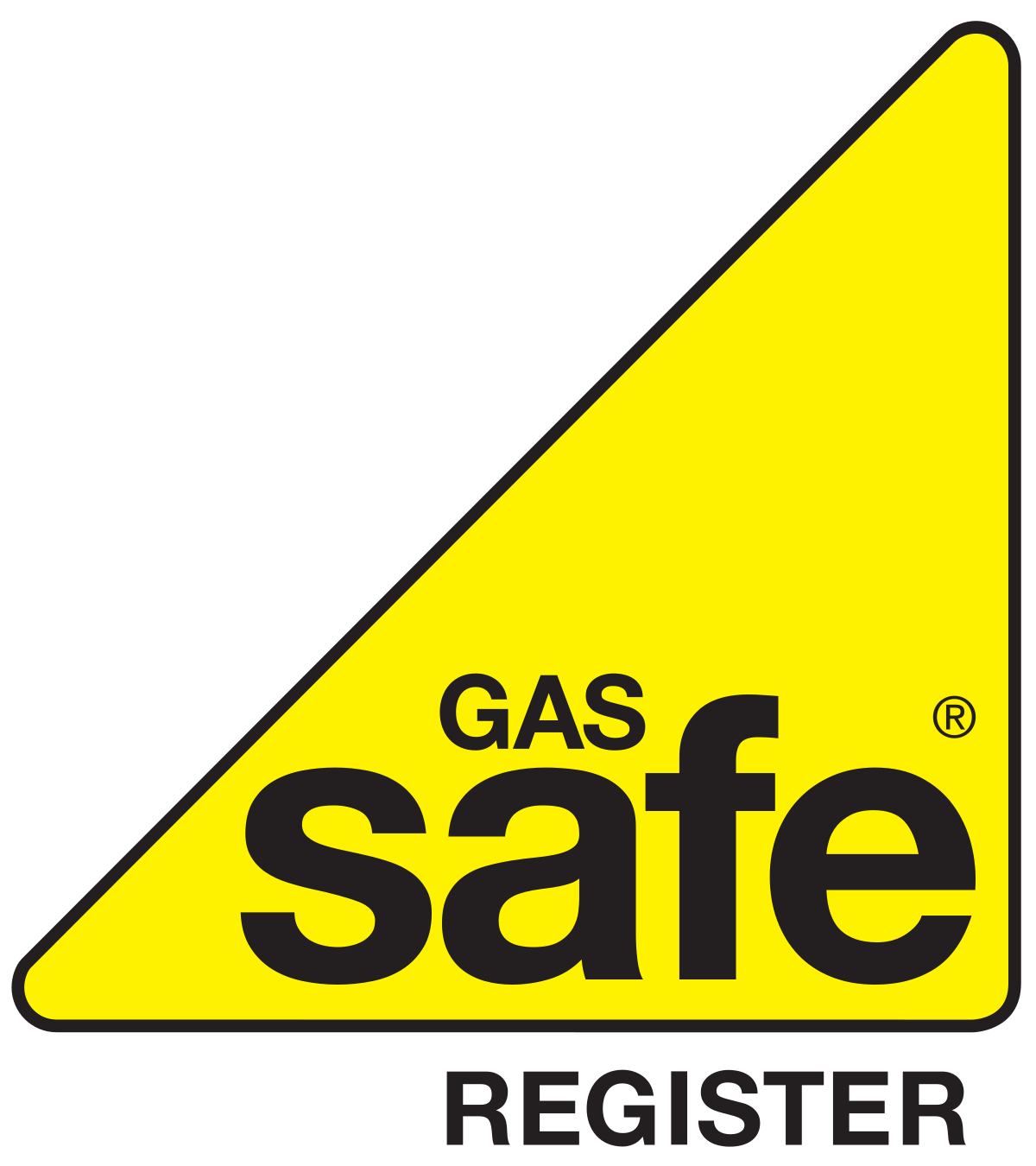What’s the point in having boiler cover, and what should you look out for when you’re thinking about taking it out or switching?
We believe boiler cover is as essential as any other compulsory type of insurance or cover out there such as buildings insurance, car insurance, and life insurance. These policies are there to protect against the risk of something going wrong and save customers from the hassle, panic and expense if something does go wrong. So, what are the pros and cons?
The Facts:
Saving you money: Back in 2017, Which? reported that around 1 in 5 UK homes experienced a boiler or heating system breakdown each year. Across Ayrshire, that’s equivalent to 35,000 households every year that have to sort out a heating issue, and about two-thirds of those occurring across Autumn and Winter. Which? also estimated that the average repair cost was £270 (more like £290 in 2021), with 5% of households experiencing a bill of £1,250 (or £1,343 today). If we look at these stats without cover, the people of Ayrshire as a whole would be spending £11,165,000 on repairs per year. If you compare that to the cost of 35,000 households taking out O’Neil Gold Care, Ayrshire residents could have collectively saved a massive £4,650,000, the equivalent of over £130 per household.
The Benefits:
So, there’s a bit of a cost-benefit argument for taking cover, but what are the other benefits and what should you look for from suppliers when you’re looking?
- Priority Access
Customers who are paying a monthly or annual fee to a boiler cover supplier will always be prioritised over customers looking for a one-off boiler repair, which is especially inconvenient if you are the person without cover who needs someone there quickly to fix a problem.
-
Gas Safe Registered Engineers

Companies who offer cover must provide Gas Safe Registered Engineers to carry out the work for you, which if you’re desperate for an engineer you may well overlook.
We’re not saying everyone out there who doesn’t provide cover isn’t legitimate, but you should always ensure they are fully accredited before agreeing to any works or paying any money for a repair.
Look for the Gas Safe logo or check the Gas Safe Register to be sure.
-
Directly Employed vs. Sub-Contracted Engineers
Some providers on the market don’t employ their own engineers. In some cases, your details are passed to a network of local small traders who have contracts with the main organisation you are insured by, you’ll be slotted into their personal schedules with call-out times usually estimated between two hours and two days. Larger companies do this so that they don’t carry all of the direct engineer costs, but often, they still charge premium prices for cover without the guarantee of exceptional service.
An engineering firm with fully employed staff can be sure of their engineers’ training, background checks, health and safety procedures, parts supply, vehicles, gas safety certification and historic work records to name a few – plus, there’s no middleman to deal with if you’re experiencing any issues.
O’Neil gas engineers can give you clear dates and times when your engineer will be there to help, we’re always available on our 24h call-out service.
The Cover and the Price
As with any insurance product, price shouldn’t really be the only decision criteria. Take a look at the terms and conditions, going over what’s included and what happens at the point of the policy renewing. Comparatively speaking, much of what’s covered in your heating system will be similar from one provider to the next, with just a few pence difference on price, but there are always a few caveats to look out for. For example:
- No Boiler Cover providers will take you onto cover if your boiler is broken – the boiler needs to be in a reasonable working condition and often any pre-existing faults are excluded from the scope too, which is down to the engineer’s view on how long an issue has been present. There’s often a period between the point of signing up and being able to call out an engineer, so double-check that when buying or switching from another supplier – this is to filter customers who already have an issue but try to avoid having to buy a standalone boiler repair first.
Action: Don’t wait until the last minute to get covered, and check the age limit per policy. If you do have an old boiler, perhaps it’s worth considering a new boiler. - Boiler age limits can also be in place – The typical lifecycle for a boiler is around 12 years, but the policy age limits are often higher than that as there is a correlation between age, breakdowns, parts availability, and their price (as well as energy efficiency diminishing in older boilers). Some providers don’t ask this, meaning if they later find they shouldn’t have taken you on, you’ll need to request to be refunded for any payments you’ve made to date.
Action: If your boiler is older than 12 years, consider upgrading – the chances of experiencing a breakdown reduce, and the efficiency increases leading to lower energy bills. Learn more about what boilers we cover here. - Do you just want to cover your boiler and its immediate controls, or your wider heating system? This typically means a few pounds per month difference, but it’s important to ensure you’re selecting the right level for your needs. View our cover plans now.
Action: Give some thought to what specifically you want to cover and choose the right product. - If you have a System or Regular/Conventional boiler, ensure you’re clear on which of the cylinders are covered, and for what kind of work (remember unvented cylinders take cold water directly from your cold-water mains whereas a vented cylinder is connected to a water tank by a vent pipe).
Action: Read our FAQs for information on the different heating system types so you can buy the right cover. - Does the cover include an annual boiler service? Some do, some don’t – which is usually reflected in the price, with those without a service being cheaper. If you do want a service included, remember to check if it’s included every year you remain on cover as sometimes it can be used as a hook, then you need to pay in your second year of cover. Boiler servicing can help ensure your system is safe and running efficiently, so it is recommended.
Action: Think about if you want and/or need a boiler service. - Talking about paying more in future years… double check if the provider details what will happen to your price at each renewal. Some providers price extremely low in year 1 to attract you in, then increase costs in year 2 onwards and sometimes excessively whether you’ve had a breakdown or not. Plus, always be a little wary of providers who heavily incentivise with months free, percentage discounts, etc, in effect what this is doing is pushing the price up of cover so discounts can be applied to still appear good value. Having said that, as with car insurance, if you use the product ‘excessively’ then there is an element of cost recuperation that needs to be considered from a supplier’s perspective.
Action: Look for providers who don’t change their pricing annually, or if they do, keep the change to a minimum. Always read sales promotion offer terms and conditions carefully too, and take a look at local providers who can often be cheaper than the national suppliers as their overheads are lower – price isn’t always representative of quality! - Clear evidencing of the elements which are covered considering different system types are important factors to consider too.
Action: Take a look over supplier sites to see how open they are about what’s included in the product, such as for O’Neil Care here.
If you’re still in doubt or you have any questions about how O’Neil Gas can help you out, speak to an expert.
Our office team is available 8am-5pm Monday to Friday to discuss any queries you may have. Call: 0129-261-9799

